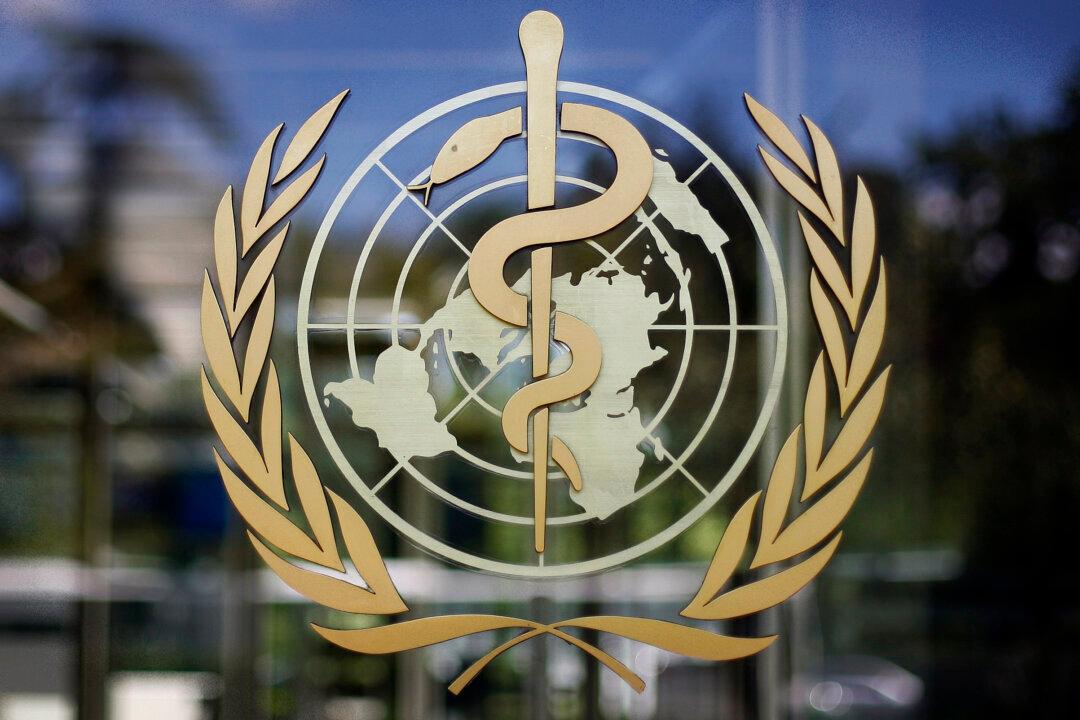President Joe Biden’s administration is pushing amendments to the World Health Organization’s (WHO) governing regulations that would remove the current requirement to consult with local officials before declaring a public health emergency in any nation.
Ultimately decided by the Director General, the WHO’s designation of Public Health Emergency of International Concern (PHEIC) triggers a series of monitoring responses and recommended actions on health measures in affected nations.





